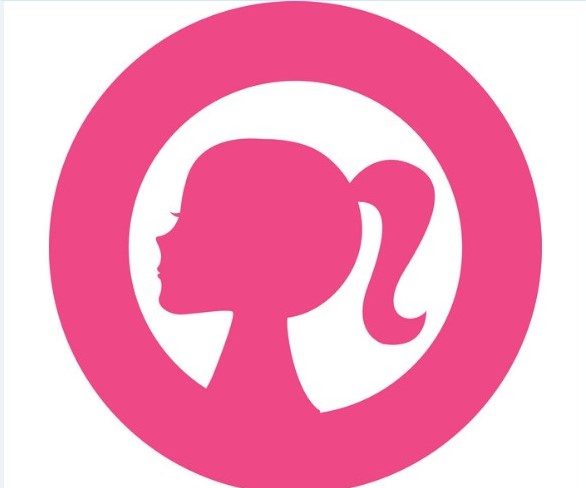Why being a teenage girl feels impossible
How female stereotypes affect young women

August 8, 2021
Being a teenage girl requires patience. Some may say that there’s nothing teen girls can participate in without receiving backlash. You play sports? Oh, you’re trying too hard. You like makeup? Wow, so you’re conceited, you must only care about looks. Nothing teen girls do can ever be “right.” Why is that? Why are people so concerned with enforcing the stereotype that teenage girls are annoying.
The “pick me girl” stereotype became well known through social media. It’s used as a term to put down women, typically teen girls, who are trying to fit in by being fake or acting differently in order to please any men around them. This seems like it would be a semi-useful phrase, used to decrease sexism in a common environment like school, but the title has been weaponized. Women are using it against other women when they look or act a certain way. It makes you wonder, isn’t the idea that a woman is performing for men sexist within itself? Has internalized misogyny embedded itself so deep into our minds that we don’t even consider that a woman could have her own opinions?
Seeing life through a male gaze has a severe impact on the mental health and actions of teen girls. From a young age, girls are expected to act a certain way, and say certain things. If they don’t, that’s just another stereotype to enforce. Being a young girl comparing yourself to the standards of grown women can severely damage mental health. No twelve year old will look like a grown woman, and yet it seems they are expected to, or at least they think they are. So many girls are subjected to seeing women through the male gaze from a young age, and they apply those expectations to themselves. To be pretty, but not self centered, athletic, but not too masculine.
Women are expected to be polite, civilized, and to nurture, in comparison to men, who are supposed to be strong and brave. This is not to say that stereotypes for men aren’t harmful, but female stereotypes result in much more restriction in everyday life. When a woman gets angry at being talked over or treated unfairly, she’s dramatic. When a man gets angry, he’s driven. You can either conform to society’s standards, or be seen as an angry, dramatic outcast. This unfair and impossible point of view forces young women to make a choice on the “type of girl” they want to be at a very young age.
How do we fix this? How do we rewire the brains of young women and teach them that the idea of what a woman is is subjective. You can be strong, and talk loudly, and command presence in a room. You don’t have to rely on the validation of other people in order to have self worth. Social media, although usually seen as a more controversial place for female empowerment, has been making changes. More girls are talking about how they used to comply with societal pressures in order to feel accepted, and how much it hurt them. Campaigns with popular companies like Disney and Dove are teaching little girls that you don’t need a prince in order to be a princess, and that fighting “like a girl” shouldn’t be considered an insult.
Society is on the right track to readjusting the way teen girls are treated, and the way they are conditioned to see the world, but not nearly enough has been done. People need to seek change, and work to alter the world views and stereotypes placed upon young women. If people around the world work together, maybe someday soon we can live in a world where teen girls are treated better, and not like they are limited to the stereotypes formed for them.

